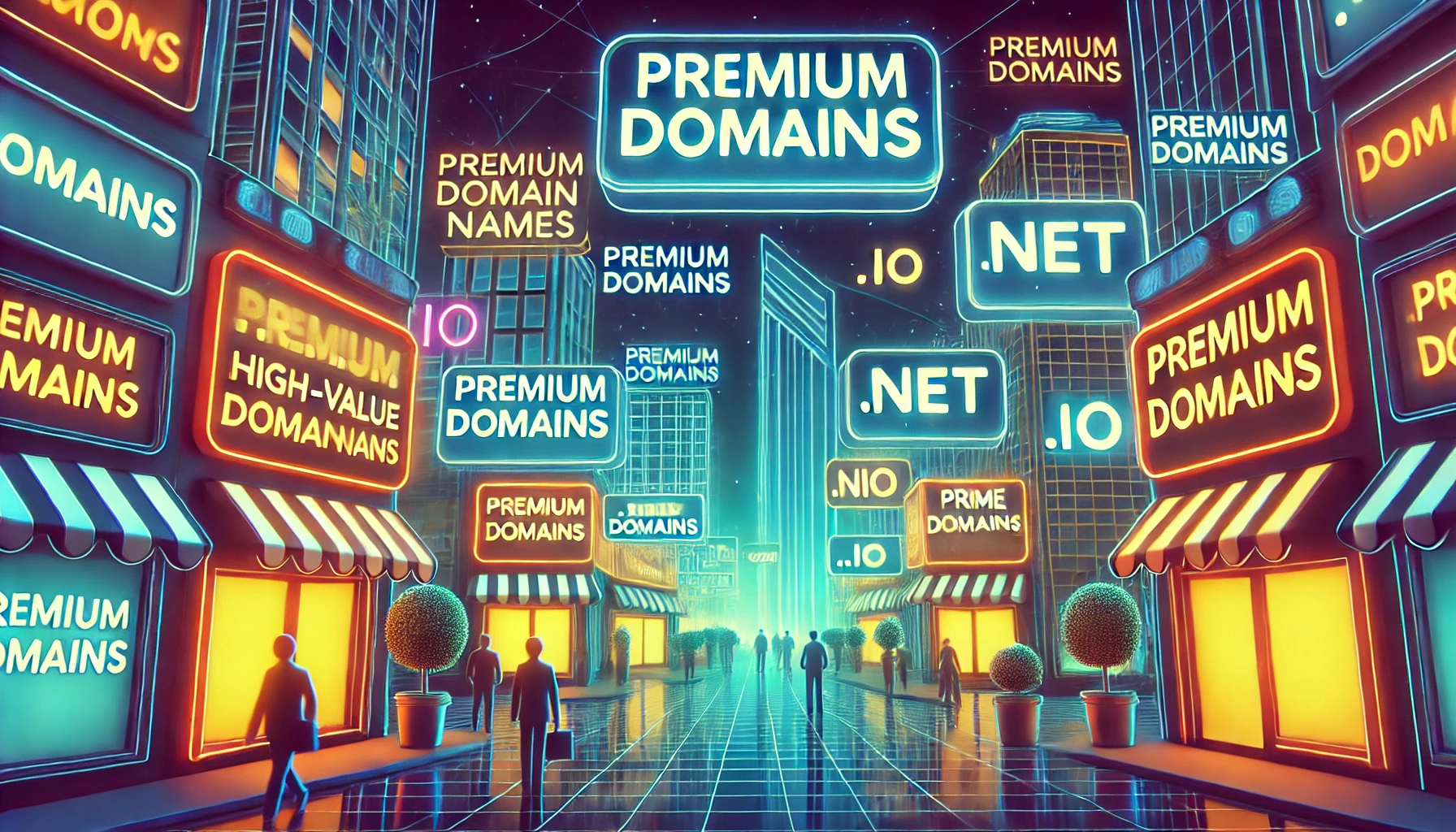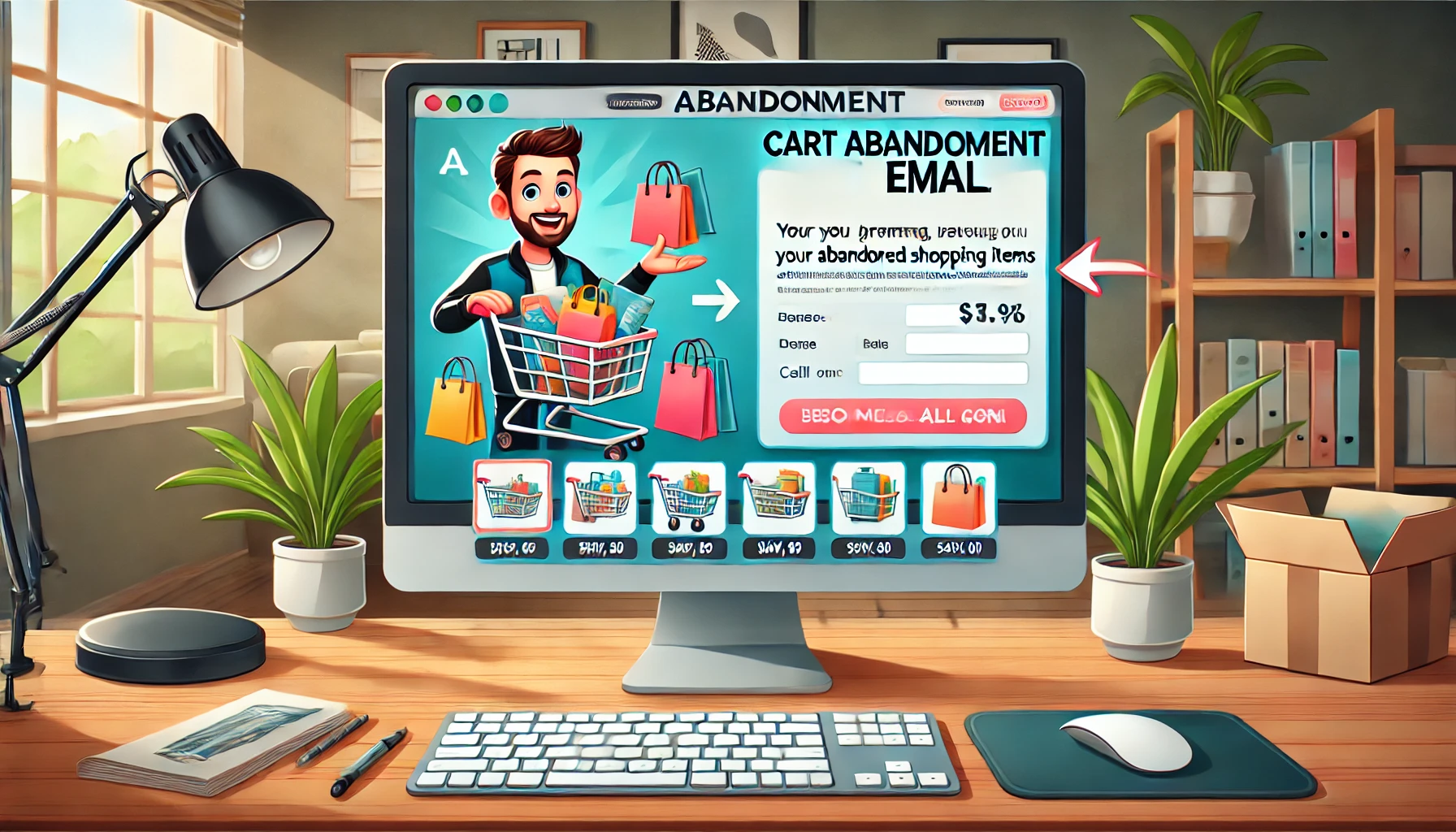The future is here and it’s about to shake up the marketing world like never before. Marketers need to gear up for the wave of machine learning (ML) and artificial intelligence (AI) that’s transforming our digital landscape. It’s time to dive into this smart, interconnected world and embrace the changes.
We’ve all heard the hype about AI for a while now, but advanced analytics and next-gen customer service are no longer just buzzwords—they’re happening right now. Research suggests that by 2020, 85% of customer interactions won’t require a human touch.
Look around and you’ll see chatbots everywhere. These AI-powered assistants have already taken over a big chunk of customer service. Back in 2017, 34% of consumers preferred chatbot-based support over human interaction. Chatbots are a key part of the AI revolution and they’re here to stay.
Many of our first interactions with companies are now handled by these bots. They’re programmed to respond to specific keywords quickly and more cheaply than human employees. It’s a win for both companies looking to cut costs and customers who want fast responses.
But chatbots are just the tip of the iceberg. Digital assistants and other high-tech solutions, which once seemed like something out of a sci-fi movie, are now pushing the boundaries of what’s possible in marketing.
How is this all happening? Through relevant content reach, broader marketing, new market opportunities and a complete shift in how we communicate with customers, technology, services and brand. The future of marketing is not just about keeping up; it’s about leading the charge into a smarter, more connected world.
What Do AI and Machine Learning Really Mean?
Artificial intelligence (AI) and machine learning (ML) are terms that often get mixed up. While AI is a broad concept that covers smart machines, ML is just one aspect of what AI can do. Think of AI as the big picture and ML as a specific tool within that picture. AI is about machines that can think and learn and ML is the process they use to learn and solve complex problems on their own.
In its early stages, ML is all about machine learning without being explicitly programmed. This technique, known as deep learning, involves creating artificial neural networks that work like our brains. Essentially, you feed a lot of data to a machine and it starts to learn by itself.
These neural networks are designed to process information just like the human brain. The machine learns to recognize patterns, make predictions and provide accurate results based on the data it receives. But that’s just the beginning.
AI also allows for collaboration between humans and machines. With natural language processing (NLP), we can communicate smoothly with devices, like how we interact with Siri.
Technology is advancing to the point where devices can learn to communicate with us in a natural and intuitive way. The goal is for computers to understand languages and text as humans do. Once they achieve this, they won’t just understand us; they’ll be able to draw their own conclusions, summarize information and communicate naturally.
So, AI and ML aren’t just about smart machines—they’re about creating a seamless interaction between humans and technology, making our digital experiences more intuitive and efficient.
Transforming Marketing: What Can Marketers Anticipate?
How is AI going to shake up the marketing world? In the next few years, we’re going to see a huge shift towards marketing that’s not just personalized, but also super relevant on a grand scale. As people’s expectations from brands keep climbing, companies will need to embrace new tech and ideas to make their customer interactions stand out.
Meeting these rising expectations in the coming decade means moving from just focusing on customers to truly committing to them. This isn’t just a small tweak; it’s a massive overhaul in the way B-to-B companies think, act, and work together.
The need to meet these expectations is becoming more crucial, and businesses are scrambling for any edge they can get. By 2025, it’s predicted that how satisfied consumers are with a brand’s products and services will be the ultimate thing setting brands apart. This satisfaction is what will keep customers loyal.
AI is poised to totally transform marketing by unlocking new market opportunities and taking customer relationships to the next level. It’ll pave the way for marketing efforts that are more tailored, websites that are more interactive, and digital advertising that reaches further than ever before. With its knack for sifting through huge piles of data, AI will not only help brands keep pace with competitors but push them to the forefront, making them more dynamic and successful than ever.
Examples of AI and ML Technology in Marketing Today
AI is already playing a huge role in marketing, even if it’s all happening behind the scenes. According to Marketing Automation Insider, the marketing automation industry has exploded to a $1.65 billion market over just five years.
Despite AI being everywhere, 63% of people aren’t even aware they’re interacting with it daily. Yet, this hasn’t slowed businesses down. In fact, 68% of Chief Marketing Officers (CMOs) have said their companies are already using AI, or plan to soon. And more than half of these companies believe AI will impact marketing and digital communication more significantly than social media ever has.
Take Google, for example. They’ve been at the forefront of AI with their RankBrain algorithm since 2015, helping sift through and find relevance in countless search queries. This is a prime showcase of how natural language processing (NLP) helps marketers navigate the massive world of data to find what’s relevant.
Then there’s the Grid in website design, which utilizes AI too. It uses smart image recognition and algorithms to automatically adjust and tailor website layouts as you add content. Imagine a website that basically designs itself! It’s a mix of cool and a bit daunting, right?
AI doesn’t stop there—it also dives into product pricing. By leveraging machine learning, marketers can determine the optimal pricing by analyzing sales trends, inventory levels and other business metrics. AI also provides invaluable insights for entrepreneurs on potential customer interactions and reasons for those interactions.
A great example of predictive AI in action is USAA, which boosted its accuracy in predicting customer needs from 50% to 88%. Their system can analyze thousands of factors to predict customer behaviors and preferences accurately, which significantly improves customer service.
Moreover, deep learning offers deeper insights into customer behavior, enabling more personalized ad targeting. It improves data analysis to better understand how people respond to ads, enhancing trend detection in user behavior.
Machine learning is revolutionizing other areas too, like optimizing product catalogs, improving lead conversion rates, enhancing branding and increasing ad click-through rates. AI is bringing marketers and customers closer together, making interactions more intuitive. Customers benefit too, as AI anticipates their actions, simplifying their decision-making process.
Key Areas Where AI Will Transform Marketing
AI is revolutionizing marketing, shaping the future as it evolves. Let’s dive into the key marketing domains that AI is set to transform, significantly impacting both marketers and the customer journey.
Enhancing Social Media Reputation
One of the most effective strategies for building a solid corporate reputation involves leveraging social media platforms. Facebook, LinkedIn and Twitter have become staple channels for marketers to boost awareness and monetize their offerings through advertisements.
These platforms have started analyzing how users react to ads, leading to the development of AI algorithms that tailor news feeds based on consumer preferences. This is great news for marketers, as they can now craft ads that are more likely to receive positive responses from their target audience.
AI in Content Development & Curation
AI isn’t just about supporting smart marketing decisions; it’s also stepping into content creation. For instance, in 2016, the Wordsmith program generated over 1.5 billion pieces of content, a significant increase from 300 million in 2013.
This technology can track data and understand language patterns to produce articles that nearly mimic human writing. While this content is often centered around data reports, marketers, particularly in the financial sector, find great value in the market reports generated by these AI systems.
AI’s role in content curation is also becoming crucial for enhancing customer engagement. This approach allows brands to captivate their audience by offering content that’s directly relevant to them.
Moreover, it’s an effective strategy for managing subscriptions. How does it work? Machine learning algorithms analyze users’ previous interactions and patterns, improving content recommendations over time. This means that the more users interact, the better and more personalized the suggestions become, keeping them engaged and interested.
Automated Marketing: Boosting Sales with AI
How exactly does marketing automation boost sales? AI-powered tech can actually gauge the success of sales efforts and prioritize leads based on their likelihood to convert. For marketers embracing machine learning and AI, this opens up a world of customized marketing strategies, enhanced email campaigns and even a lead scoring system. Essentially, AI is set to reshape the current marketing landscape entirely.
Personalized Web & App Experiences
Today’s online shoppers aren’t just looking for good businesses—they want clarity, innovation and most importantly, responsiveness. By harnessing predictive AI, businesses can offer top-notch customer service and quality content across all platforms, whether on the web or mobile apps.
For loyal customers, this means getting more detailed info about the products or services they’re interested in. New visitors, on the other hand, will find themselves engaged with content that not only catches their eye but also keeps them coming back.
Email AI Marketing
As I touched on earlier, AI is a game-changer for optimizing email marketing. With AI insights, marketers can identify a subscriber’s buying preferences and tailor emails to highlight the most relevant products. When subscribers open such a newsletter, they’re greeted with appealing deals, showcasing products and pricing tailored just for them.
Predictive Analytics: A New Marketing Edge
Marketers can now rely on precise insights and predictions about future trends, thanks to predictive analytics. While these predictions are only as good as the data they’re based on, this kind of AI support can help organizations outpace the competition.
Predictive AI isn’t just about keeping up; it’s about leading the charge, defining new marketing strategies and shaping the future of advertising campaigns. From forecasting prices and lead conversions to anticipating repeat purchases and trending behaviors, predictive analytics is becoming the backbone of successful marketing strategies and a critical tool for boosting revenue.
Programmatic Advertising
Programmatic marketing leverages machine learning and predictive algorithms to target ads precisely at key and repeat customers. However, not all social platforms are equally secure for your ads. Ever since Google encountered a security scandal—where ads from reputable companies appeared on dubious websites—marketers have become more cautious about where they place their ads.
But here’s where AI steps in—it can boost network safety by identifying and blocking suspicious sites. Essentially, AI in programmatic marketing guides marketers toward safer and more effective ad placements.
AI and Machine Learning Trends for 2018
Though we’re just scratching the surface, the impact of AI is set to grow exponentially. The future of customer care and marketing will be dominated by AI, waiting for more marketers to embrace this revolution. In the years to come, AI will find its way into numerous applications within the industry.
Machine-Human Interactions
The evolution of machine learning won’t stop at chatbots. These systems are becoming smarter, aiding marketers in engaging customers by delivering timely, relevant content. With the ability to predict the direction of conversations, resolving complaints or addressing issues will become more streamlined.
Unlike traditional chatbot interactions, AI is paving the way for a new kind of collaboration. Microsoft, for instance, is exploring “multi-sensory” communication that integrates sight, touch, sound and gestures—pushing the boundaries of how we interact with machines.
Social Media Image Recognition
Images are crucial in any marketing strategy. Did you know that Facebook posts with images get 2.3 times more engagement than those without? And tweets with images receive 150% more retweets than those that are text-only. However, the challenge lies in choosing the right images, not just any image.
AI is transforming this aspect of marketing as well. With advanced image recognition technologies, AI can sift through countless images to find the most engaging ones that resonate with consumers. These AI tools analyze various attributes of images to determine which are most likely to capture attention and build trust among consumers. This tech not only ensures that visuals are appealing but also that they are strategically effective, helping marketers enhance their overall impact.
Personalization in Customer Care
Marketing software is everywhere, used by companies big and small to get closer to their clients. But just wait, things are about to get even more personal. We’re moving beyond basic push notifications and emails. Now, machines are getting better at figuring out what works for each individual buyer. The whole experience a customer has with a brand is going to be customized to make tighter connections with the audience.
Artificial Content
Thanks to AI’s ability to handle huge amounts of data, learn from it and even generate content, it’s changing the game in lead tracking and micro-targeting. AI also steps up in content creation, cutting costs and giving brands a leg up on the competition.
AI isn’t just about algorithms and data; it’s about adding a human touch to the brand’s story. The goal is for artificial intelligence to blend in so seamlessly that the only thing setting companies apart will be their creativity and innovation.
Conclusion
Right now, it’s all about the consumer—people are craving innovation and deeper connections with businesses. With sharper and more accurate data predictions than ever, AI is poised to bridge the gap between businesses and their eager customers.
AI is also set to revamp various marketing technologies, bringing more relevance back into the market. With its ability to generate content, analyze human behavior and language deeply and enhance machine learning, AI is shifting from being just a business tool to becoming a part of our cultural fabric.
The potential here is massive, almost hard to grasp. Marketers need to stay alert because AI tech is becoming more prevalent by the day. The future is racing towards us, bringing major changes every step of the way. So, if you want your business not just to survive but thrive, get ready for more robotic interactions and start automating your marketing strategies now.












